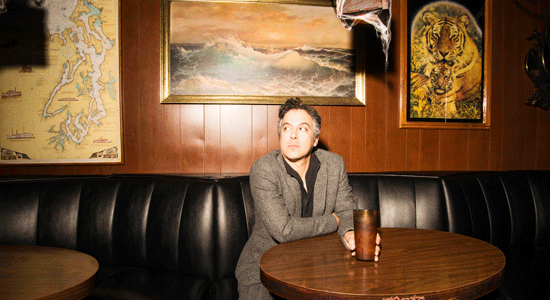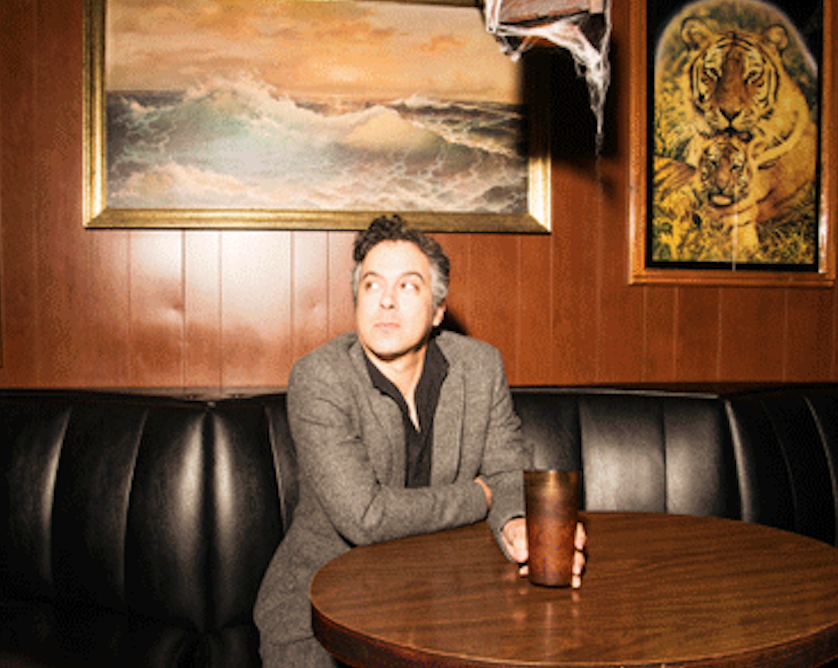
Rainy days helped M. Ward find his voice(s) on a doo-wop outlier
“The true passion in my career is making music and records,” says M. Ward. His rumbling baritone is even deeper this morning, due to the early morning chill permeating his Portland, Ore., home. “The performance side of it has never been the focal point for me. I don’t feed off it. I take a long time deciding if a tour is going to be a big production or just me and a guitar. That side of music is a challenge for me.”
The title of Ward’s new album, More Rain, references the climate of his adopted hometown, but the album is bright, upbeat and sprinkled with sunshine. “When you live in Portland, you’re trapped in the rain for a long time every year, so you have to do something,” he says. “Music is a positive reaction to being stuck indoors.”
This time, Ward says he was planning an old-fashioned doo-wop album: “The idea was to have voices be all the instruments, making the sounds of drums, horns and strings, like great doo-wop voices do. It still has the backbone of a vocal record, but it changed when I started to involve different artists and engineers. I still did a lot more singing on it than usual, experimenting with more complex harmonies. I’m doing the first show to promote the record tonight. It’s going to be difficult to perform the harmonies live.”
The album includes musical and vocal contributions from k.d. lang, Scott McCaughey (R.E.M.), Peter Buck, Neko Case and NRBQ’s Joey Spampinato. “I like to record drums, guitars and vocals all together, live, in one room, to two-inch tape,” says Ward. “The arrangements are invented during the process of recording. I’m fortunate to have talented friends. I love bringing in voices to create things I could never dream of doing by myself. Something magical happens when you have a talented musician in studio, playing a song they’ve never heard before. You press ‘record’ and there’s an instinctual response on that first take. A lot of (the songs) on this album are first takes.”
The vocal sounds and song structures that Ward favors have strong echoes of ’50s rock, ’60s folk. Why do those sounds continue to resonate for so many musicians? “In my opinion, the records made in the ’50s changed music forever,” says Ward. “There have been some di fferent transfigurations of the music, but that sound has always been there. There’s something about the simplicity of it. In the ’70s and ’80s, the innovations in recording started clouding the simple expression you found in folk music, blues and early rock ‘n’ roll. When I was 15, I learned how to play guitar by studying the Beatles’ catalogue. By and large, that music is lifted directly from the records of the ’50s.”
In addition to being an affecting singer and a great songwriter, Ward is also an exceptional guitarist, but his understated playing on More Rain downplays his prodigious licks. “The experiment with this record was to rely primarily on voices,” he says, “so that’s what I tried to do.”
—j. poet






